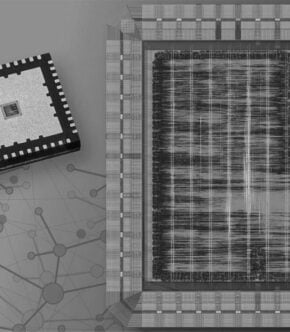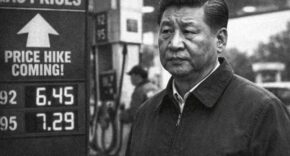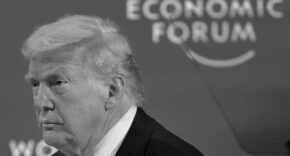Belgium-based Imec, a vanguard of microchip research and innovation in Europe, is at a critical juncture. The organization, celebrated for its pioneering role in the semiconductor industry, is distancing itself from Chinese partnerships. This decision is emblematic of the shifting sands of global geopolitics and the semiconductor industry’s central role in the modern world, from powering consumer electronics to underpinning national security systems.
For decades, the semiconductor supply chain has been a global endeavor, with companies across continents specializing in various segments of the production process. In this global orchestra, Imec has played the role of a conductor, facilitating harmony among diverse players to drive forward the innovation of next-generation microchips. Since its establishment in 1984, Imec has prided itself on being a neutral platform, likened to “the Switzerland of semiconductors” by its CEO Luc Van den Hove. This neutrality enabled Imec to foster collaborations that pushed the boundaries of chip technology, including significant partnerships with Chinese tech giants such as SMIC and Huawei. These collaborations were not just business transactions; they were integral to the technological advancements that have shaped the digital age.
However, the narrative began to change as geopolitical tensions between the United States and China escalated, with technology and security at the heart of the dispute. European governments, including Belgium, have been scrutinizing their tech industries’ ties with China, largely propelled by American efforts to curb China’s access to advanced semiconductor technologies. In this context, Imec’s reduction of its Chinese partnerships is not merely a strategic pivot but a reflection of a broader geopolitical realignment. The Flemish Economy Ministry, which plays a significant role in overseeing Imec, has highlighted this strategic shift, emphasizing the completion of ongoing obligations with Chinese partners while phasing out more mature technology collaborations.
The implications of this shift are profound, both financially and strategically. Imec, which has enjoyed substantial support from the Flemish government, receiving €134 million in subsidies in 2022 alone, finds itself navigating a delicate balance between its founding ethos of global collaboration and the geopolitical realities of the day. This recalibration is echoed in the words of Jo Brouns, the Flemish Economy Minister, who articulated a vision for Imec to focus primarily on “like-minded countries,” a clear nod to Western allies who share concerns over China’s technological ambitions.
The strategic pivot raises critical questions about the future of semiconductor innovation. Imec’s past successes were partly due to its ability to act as a bridge between competing firms and researchers from around the world, including China. This open-door policy facilitated a melting pot of ideas and expertise, driving forward the technological leaps that define today’s digital landscape. However, as Imec aligns its operations more closely with U.S. export policies and the strategic interests of Western allies, the potential for such broad-based collaboration appears constrained.
Moreover, Imec’s decision comes at a time when the semiconductor industry is more critical than ever, not just for consumer electronics but for the burgeoning fields of artificial intelligence, quantum computing, and the Internet of Things. The organization’s ability to maintain its edge in innovation while navigating the geopolitical minefield will be a testament to its resilience and adaptability. As Luc Van den Hove remarked, the landscape of collaboration has fundamentally changed, necessitating a reevaluation of partnerships and strategic priorities.
In essence, Imec’s recalibration of its China ties is a microcosm of the broader shifts occurring across the global technological and geopolitical landscape. This is one example of the overall “decoupling” of the West with China, a trend that may avalanche as China’s foreign policy gets harsher and harsher. But rest assured, whatever technology was transferred to China in the workings of their collaboration will now be used free and clear by Chinese industry.











